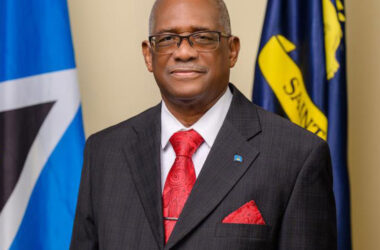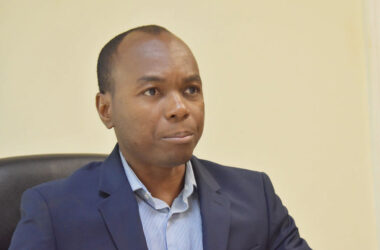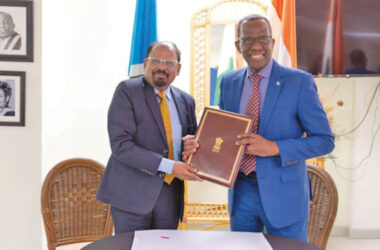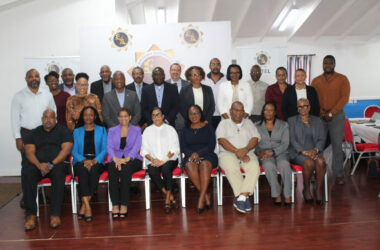ST. JOHN’S, Antigua, Nov 9, CMC – The Antigua and Barbuda economy is expected to grow by three per cent this year underpinned by the continued recovery in the tourism sector and investments in new and tourist facilities, the International Monetary Fund (IMF) has said.
An IMF delegation, headed by Meredith Arnold McIntyre, has ended a two week visit to the country and said that growth last year was 3. 7 per cent.
He said the growth this year reflects mainly the still tight financing conditions for the public and private sector.
Inflation declined to around zero in the first half of 2016, mostly due to fuel price adjustment and continued softness in global commodity prices, and is projected to remain at low levels for the rest of this year and into 2017.
“The fiscal balance is expected to improve on the back of a one-off revenue windfall from forfeiture funds in 2016, totalling 4.5 per cent of gross domestic product (GDP). However, the repeal of the personal income tax in the second half of 2016 has weakened structural revenue sources, and will only be partially offset by the unincorporated business tax and taxes on offshore banks’ profits.”
The IMF official said that this was coupled by higher-than-projected spending on goods and services, transfers to state-owned enterprises (SOEs), and the Work Experience Programme
It said the underlying primary deficit, excluding Citizenship-by-Investment (CIP) revenues and one-off items, is expected to reach 2.3 per cent of GDP, compared to a 1.1 per cent surplus in 2015.
“Tight financing conditions have triggered a significant drawdown on deposits as well as continued arrears accumulation, with negative spillovers to public and private sector balance sheets,” the IMF said, notwithstanding, public debt is projected to decline to 92 per cent of GDP by end-2016, down from 99 per cent of GDP in 2015, largely due to repayments of multilateral and some bilateral debt financed by CIP revenues and the drawdown of deposits.
McIntyre said stronger revenue mobilization efforts, together with tighter expenditure control, are still necessary to put central government finances on a sustainable path.















